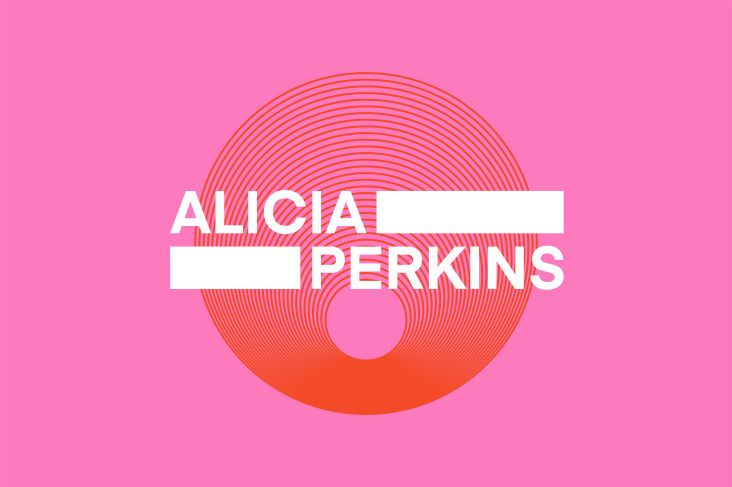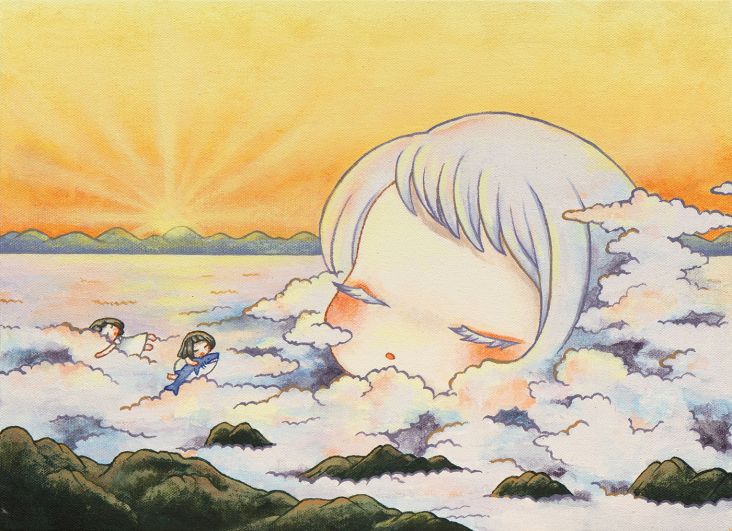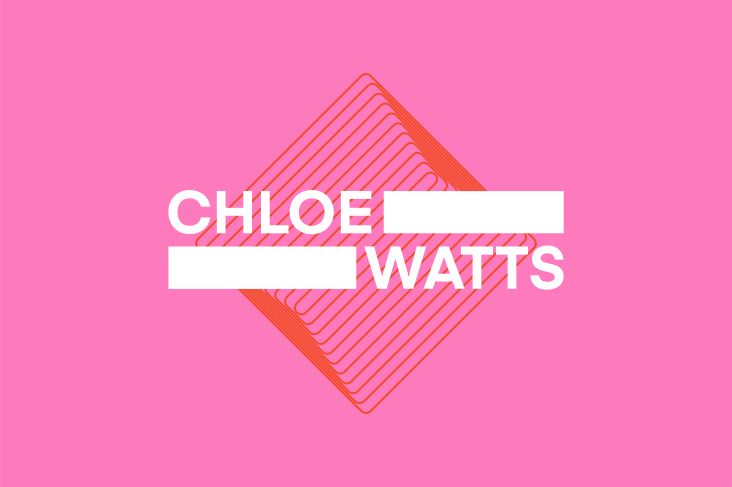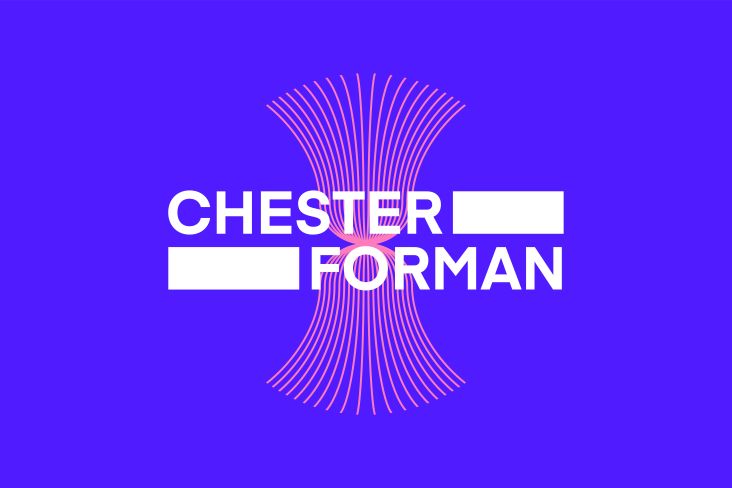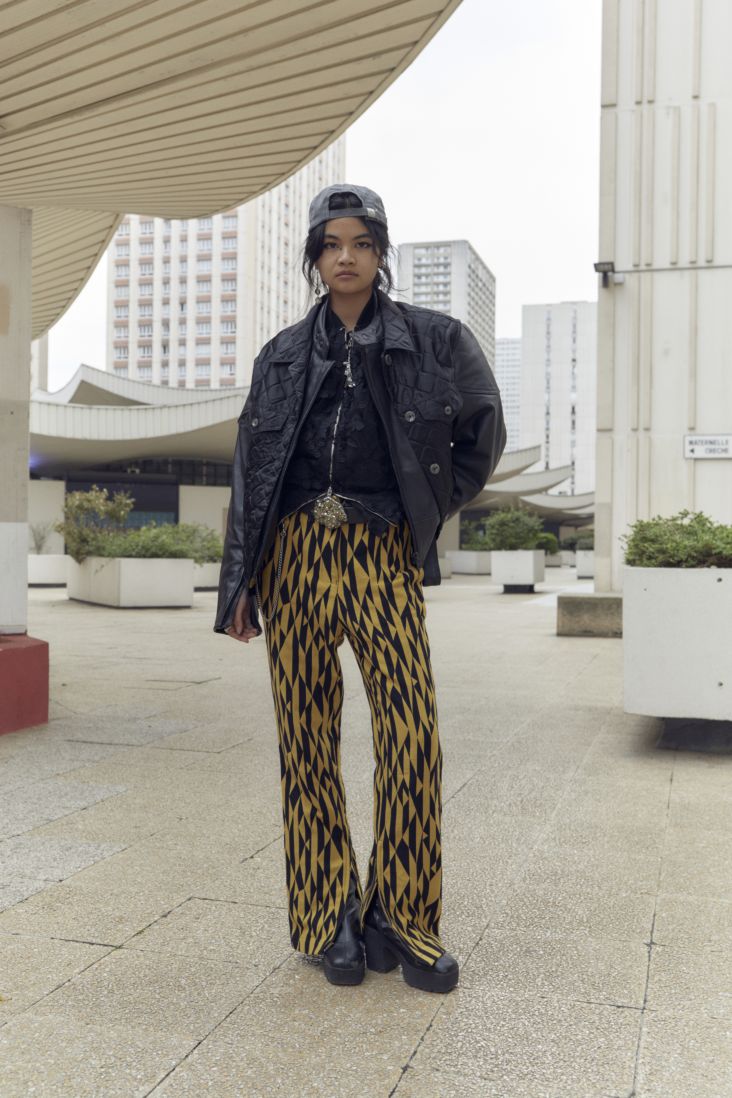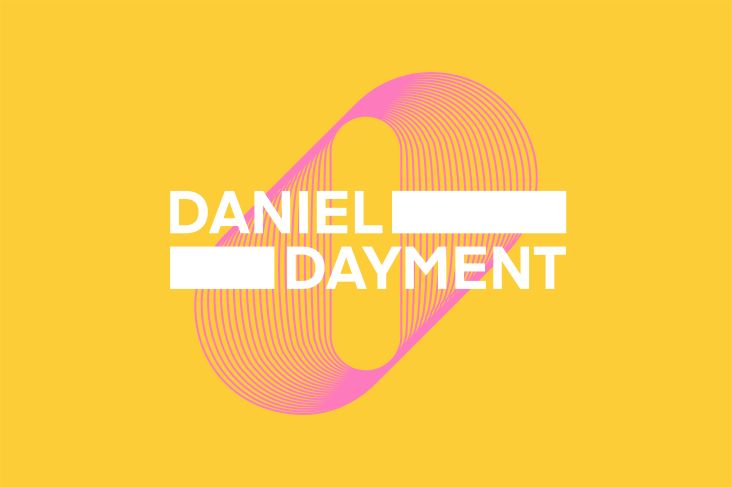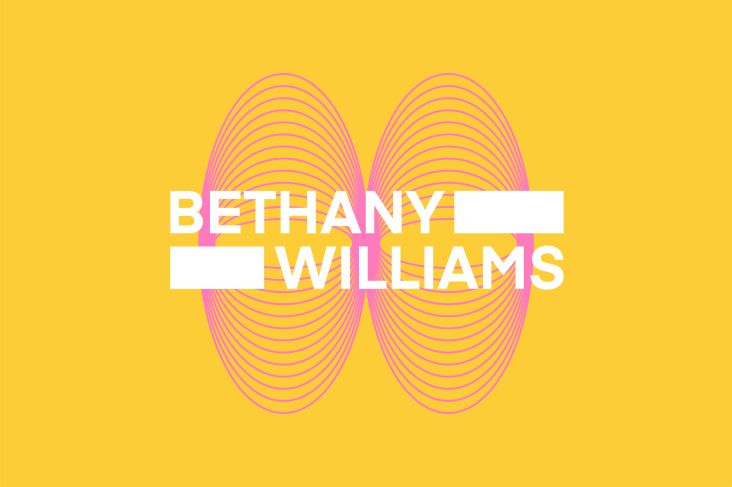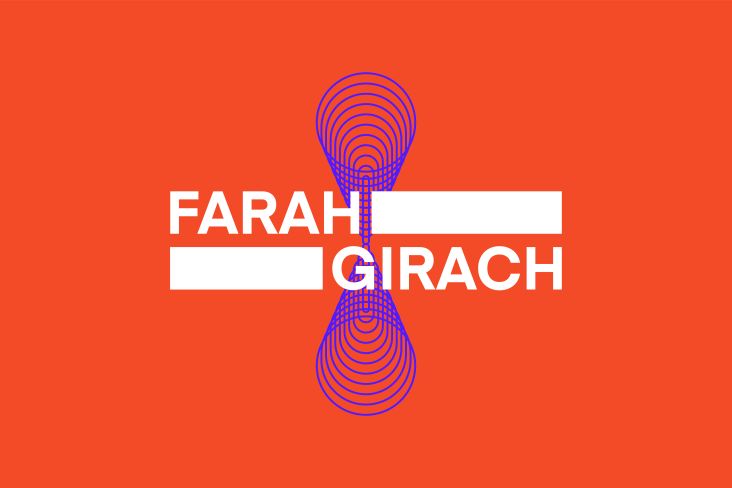Introducing: Thomas David Cornwell on overcoming childhood struggles and how he uses AI in his designs
This month, we're shining a spotlight on the latest batch of exciting creative graduates to emerge from university. So get ready to meet Thomas David Cornwell, a queer art director and fashion illustrator who has talked to us about his struggles growing up, what attracted him to Manchester School of Art, and how he used AI to create his graduate showpiece.
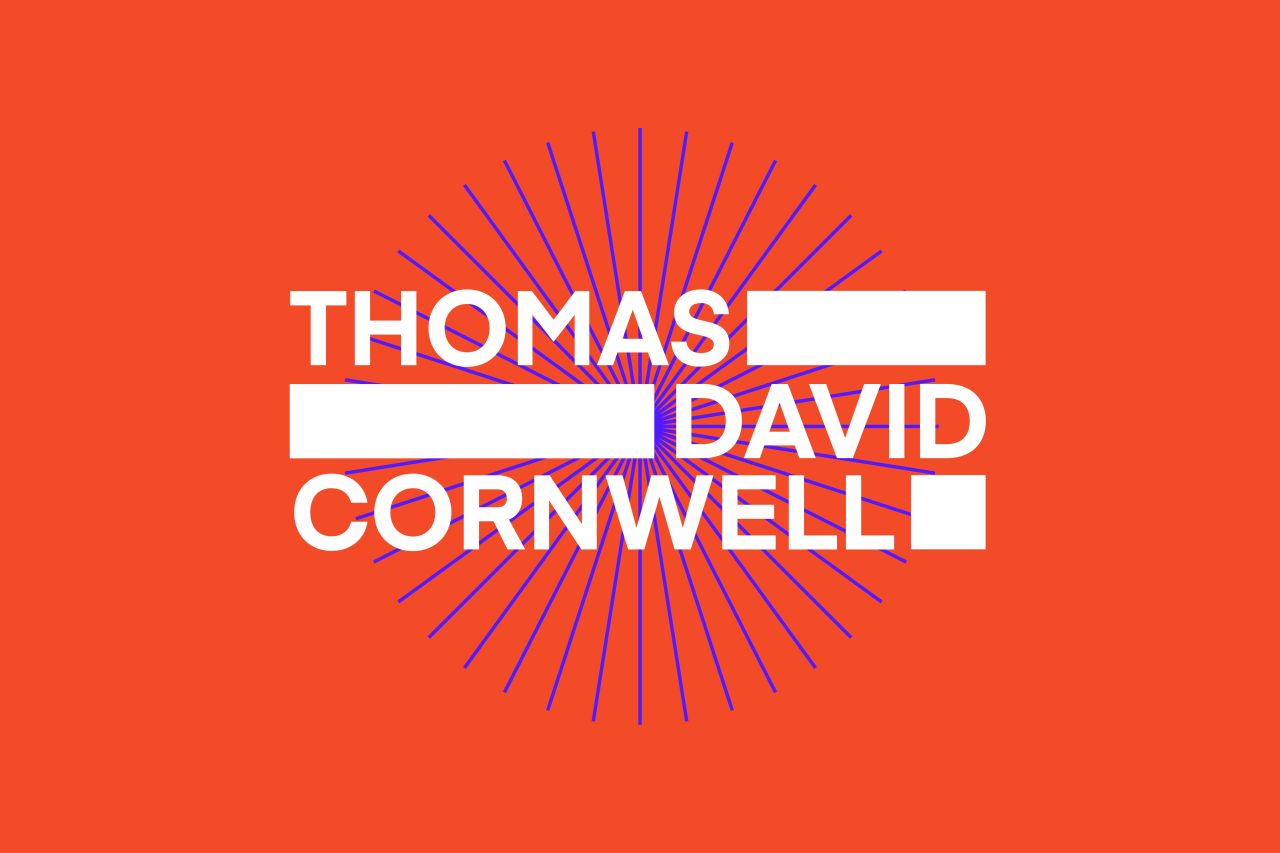
It's that time of year again. Terms are almost over, graduate shows are underway, and the country's leading creative talents are putting their best work on display. To help you get a feel of the fantastic art being produced, we've decided to run a special series focusing on 12 names you need to know and share with your friends and followers.
Of course, everyone who is graduating this year deserves recognition. The last few years have been especially tough for students who had to study alongside the added stress of the pandemic. However, we feel that the dozen creatives we will be highlighting in the coming weeks should be granted extra attention.
That's where Thomas David Cornwell comes in. Originally from Hull, Thomas has overcome adversity at home and gone on to study graphic design at Manchester School of Art. And rather than being overwhelmed by his past traumas, he's harnessed them and used them to create stunning work with a solid personal message.
Bright, humorous, wry and insightful, Thomas' art stands out from the crowd in part due to its honesty and wit. We caught up with Thomas to hear more about his creative journey, which we're already looking forward to seeing continue via his studies for a Fashion Art Direction master's.
Where did you grow up? Tell us about your childhood.
I was born and raised in Hull. I had a turbulent childhood. Early on, I had to deal with a neglectful biological mother. The trauma and absence of her feed into my art style, as well as my identity and being unapologetically queer. Growing up, it was hard to understand, and the relationship mentally troubled me, but when I drew and expressed the struggles, I found peace. I could put all the things I was feeling, my gayness, and express everything I'd been told to hide from the world.
My father would criticise me, telling me to tone it down and that I was plastic, my voice wasn't my own, I'd put on accents and personas to pretend, I'd walk on my tiptoes to be more feminine, and draw women nonstop. But his relentless bullying made me want to express and present more femininely and not see it as a fault. My father left when I went to college, and I started to be able to express myself completely thanks to the love and support of my adopted mother, Dawn.
Now I can be whoever I want to be because I am surrounded by a great group of friends who all accept me, my turbulent past, and the humour and sarcasm it has given me.
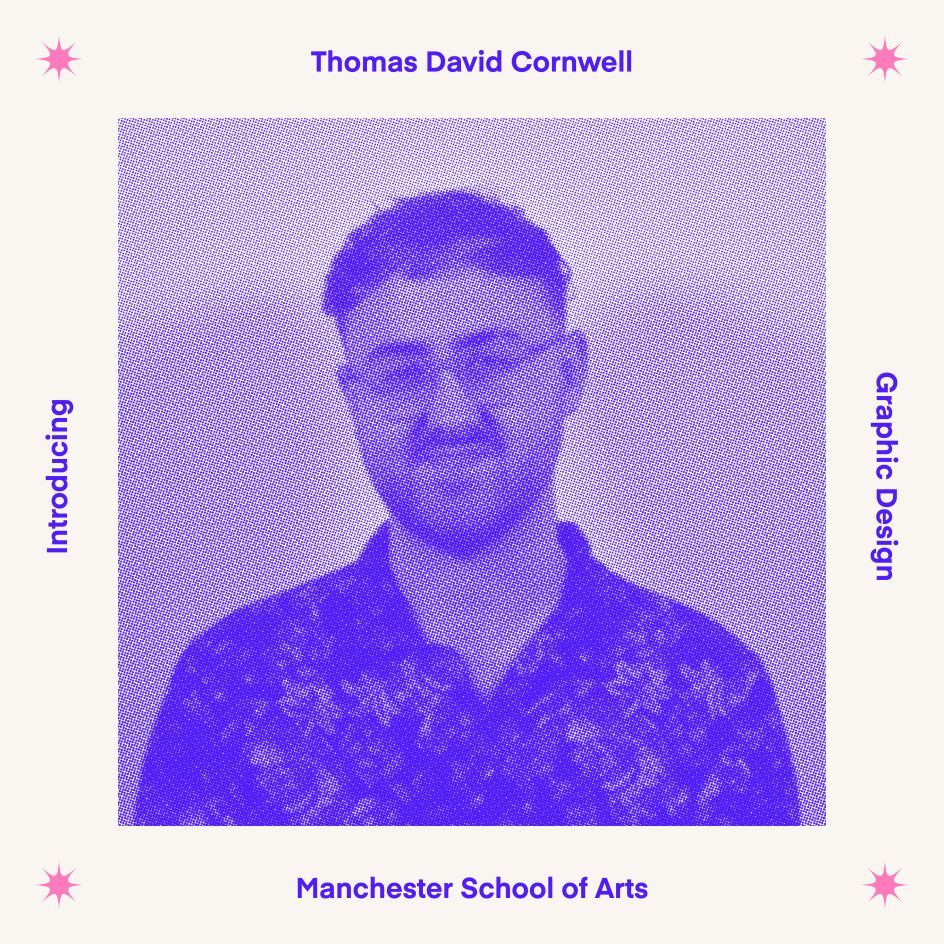
Can you tell us more about how you got into Graphic Design?
As a kid, I would always draw fashion girls. I wasn't allowed dolls, so I would create my own paper dolls with elaborate gowns and other characters that further fed into the fantasy land I created. I would draw illustrations of myself in drag because I wasn't allowed to be the eccentric character I wanted to be, so the art would embody all that I wished to be.
It was in college that I cemented my style. I see it as poison laced with sweetener, it's fake plastic niceties, but on closer inspection, you discover the awful cold hard truth. Throughout my art education, I've found that most of the tutors would tell me what I was drawing wasn't very nice and that a young boy shouldn't be drawing this stuff. But I hate being told what to do. Life isn't always pretty, and it's not always pleasant, there is a lot of beauty in pain, and there's a lot to learn from it.
In college, I created my favourite illustration, Buzzcut Season. It was my final A-Level exam period, and my parents were divorcing. I created a black and white fine-lined illustration representing my father's affair. It has my signature hidden elements and references: depicting a drag Queen who's killed his partner and the mistress, seeing red and blacking out from the events, and posing as if they're none the wiser to the fact they're surrounded by chaos.
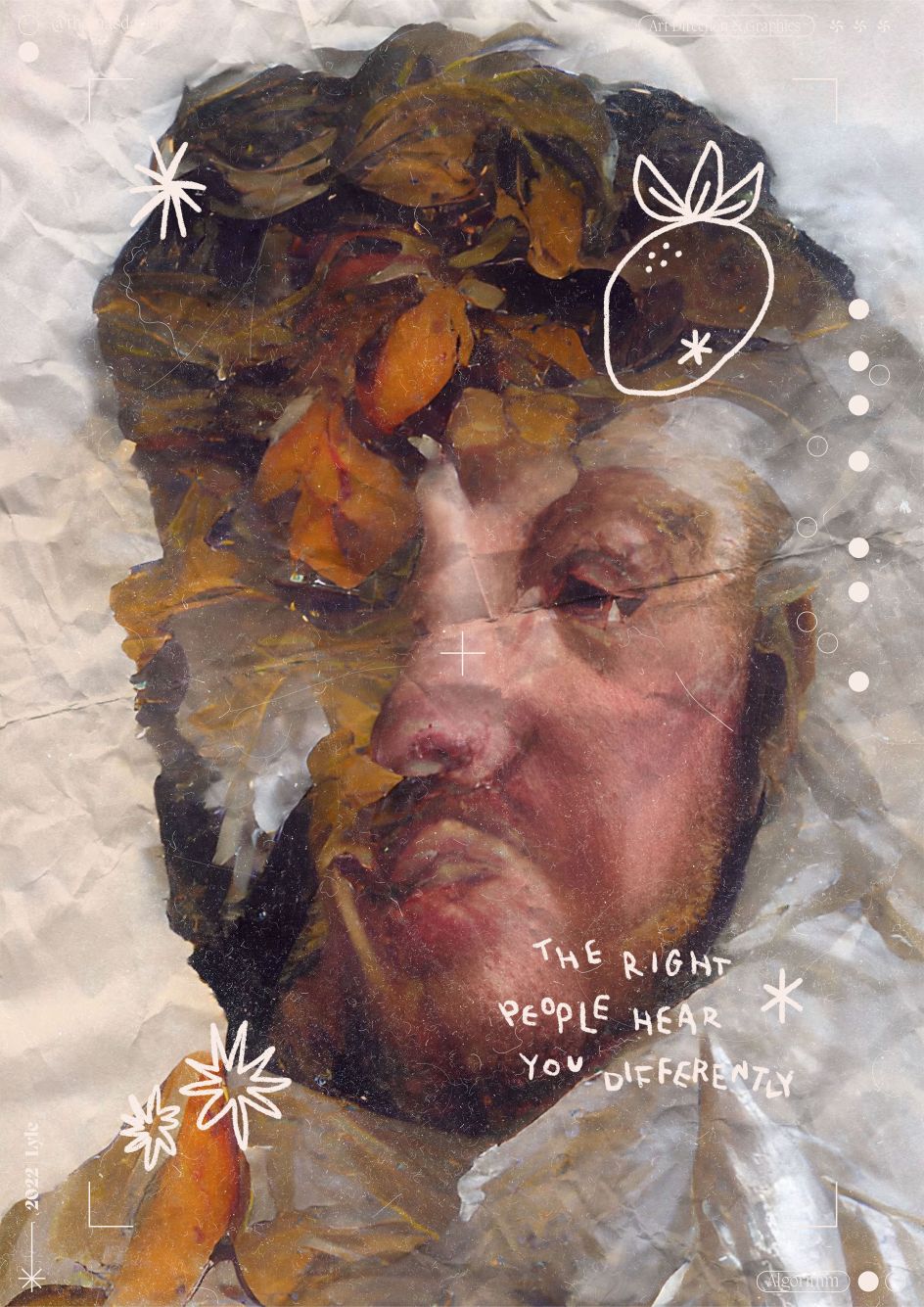
© Thomas David Cornwell
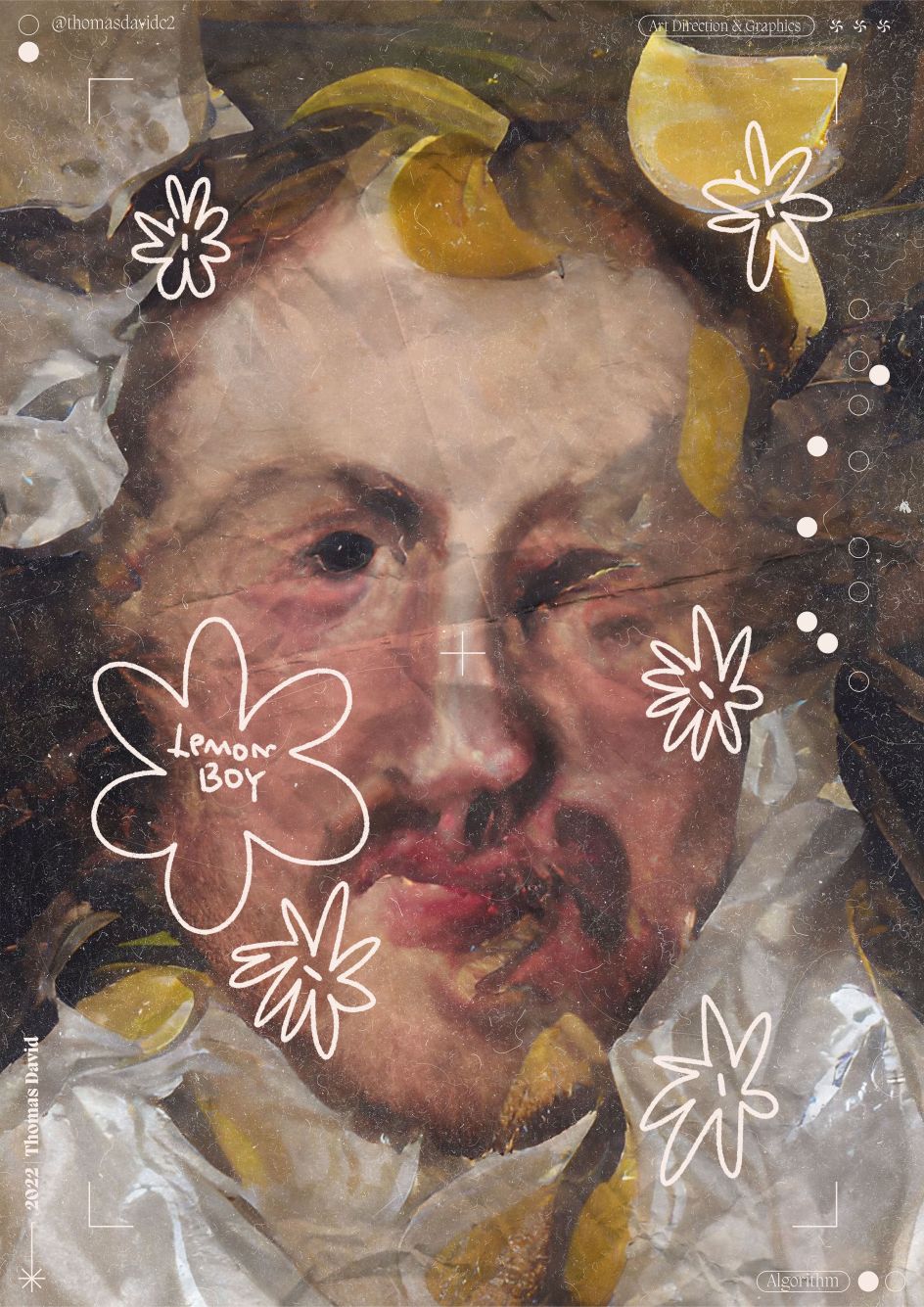
© Thomas David Cornwell
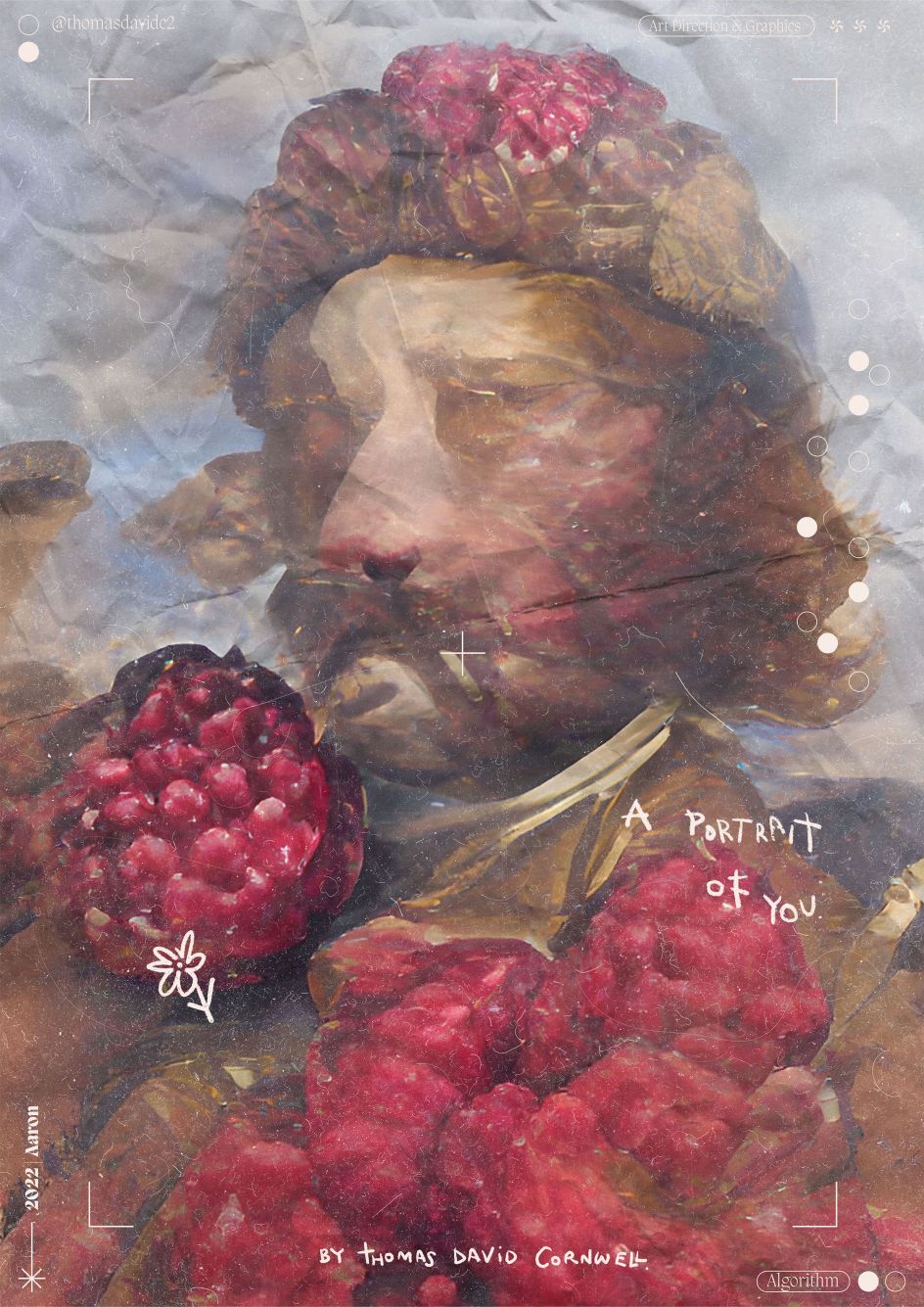
© Thomas David Cornwell
Why did you choose the Manchester School of Art?
I chose Manchester because of how gay it is. I knew it would be a place where I could freely express myself with similarly like-minded people. I also love the atmosphere, the hustle, the grit of being in the North, the humour and strong art, and the city's entertainment and music culture.
I only picked Manchester School of Art when considering which university to go to. I was set that if I didn't get accepted, I wouldn't go to uni. Growing up, I felt a connection with Manchester and the gay village and the drag queens that reside here. It all was idolised by my desire to leave Hull and the bad memories of my childhood. The Art School was a great choice. I remember my interview, walking around for the first time, and the excitement it filled me with. My sister and mum came with me as I was nervous, and when waiting in the cafeteria, we saw a fashion student in a stunningly tailored suit with heels: half his head was shaved while the other half was a shoulder-length bob. My sister looked over to me and said, 'What freaks, don't worry, you'll fit in, just as weird'. That made me feel like I was where I was meant to be.
What has the experience been like, especially during a global pandemic?
The first year was fun. It was daunting to feel like a small fish in a big pond, but once I became comfortable and made connections, that feeling eased. The work was fun, though and I felt driven. I did interesting projects like the musical concept posters for my life, which explored my thoughts and personality. Then, in a collaborative brief, I wore a latex dress and heels and was covered in blood. It felt great making art I was passionate about.
Creating during the pandemic was difficult. Studying for my second year of graphic design was all I was focused on and was the only thing I could do to distract me from lockdown. So the constant work was tough. My art is very emotionally based. I put a lot of myself into my work. It's an extension of my personality, and lockdown ruined me. It was so draining. I wished I'd been able to learn a new talent and develop my craft even further, but I spent most of it baking or cleaning.
I felt so overwhelmed all the time, not being allowed to leave and living in a student house, feeling restricted to my room. I was alone with my thoughts, and it wasn't the best space to work in. I created the Covid collection, a series of illustrations that chronicled my childhood, but each piece was set in my favourite eras: the '20s, '50s, '70s and '90s. The series is still ongoing, and I have ideas written down, but as a personal project, I've not yet had the chance to complete it. The illustrations are littered with nostalgic references to each era and have links to current socio-political issues.
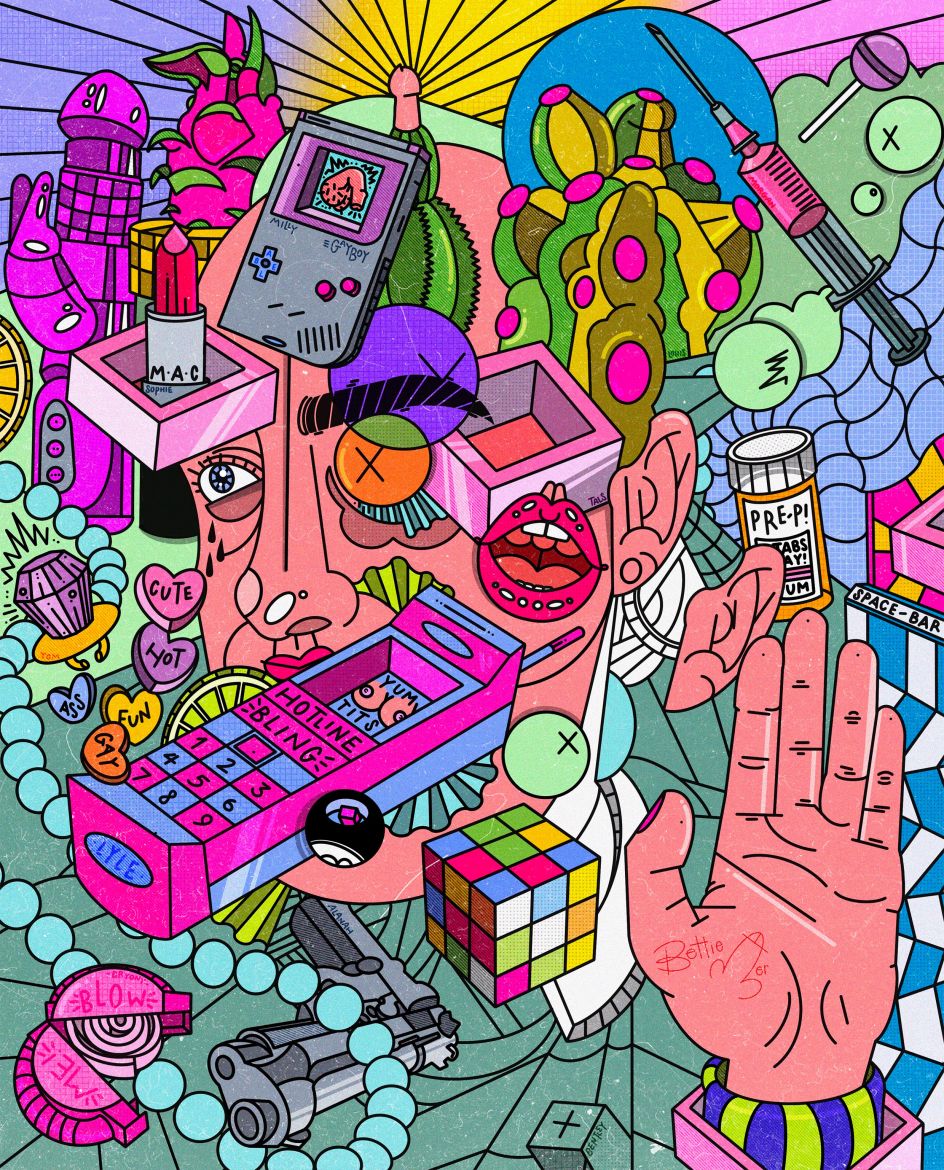
© Thomas David Cornwell
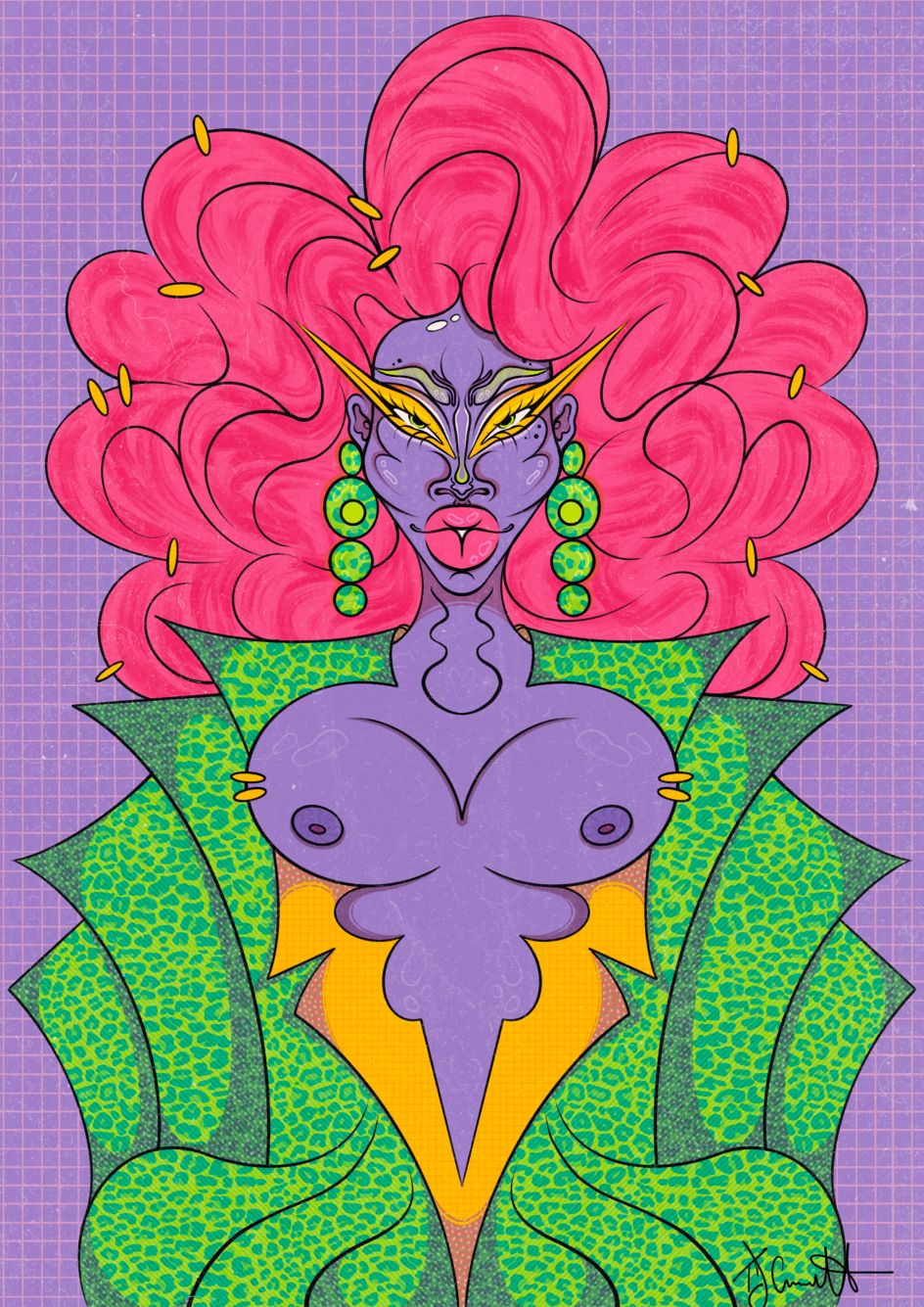
© Thomas David Cornwell
You're displaying your work at the graduate show this month. Can you tell us about the project?
The showcased project is Algorithmic Anonymity. The idea was to create art with algorithms, whether computer-generated or through a sequence that generates ideas. I chose a randomised approach because I am a perfectionist; I want every element to be thought about and each detail to be intentional. Although this is fun, it doesn't leave room for fault or authenticity. Therefore, I wanted to make this project playful and create games, questions and things with which other people could collaborate.
I tend to work alone and haven't necessarily succeeded in making many friends on the course. Therefore I decided to collaborate with my roommates, family and close friends. This allowed me to have complete openness. I then used the data collected in these games to create images with computer-generated software documenting faces, locations and time-stamped images of my daily activities. It then created the bulk of my magazine content. However, I found that although the computer could create interesting images, it lacked my key element of art and designing: me. It lacked all that emotional connection, even though it could replicate the history, trauma and connections I had with these people. So I then put scribbles and doodles on top, with personal thoughts and quotes littered throughout.
Can you describe your style in your own words?
I'd describe myself as a Queer Art Director or Fashion Illustrator. I'm interested in illustration, branding, and art direction. Through my work, I explore various disciplines and look into an array of narratives and socio-political issues, including nostalgia, queer culture and personal biography. There are mixed with eclectic styles and concepts, allowing me to create elaborate visuals and illustrations that showcase what I think is humorous and articulate my understanding of life/background.
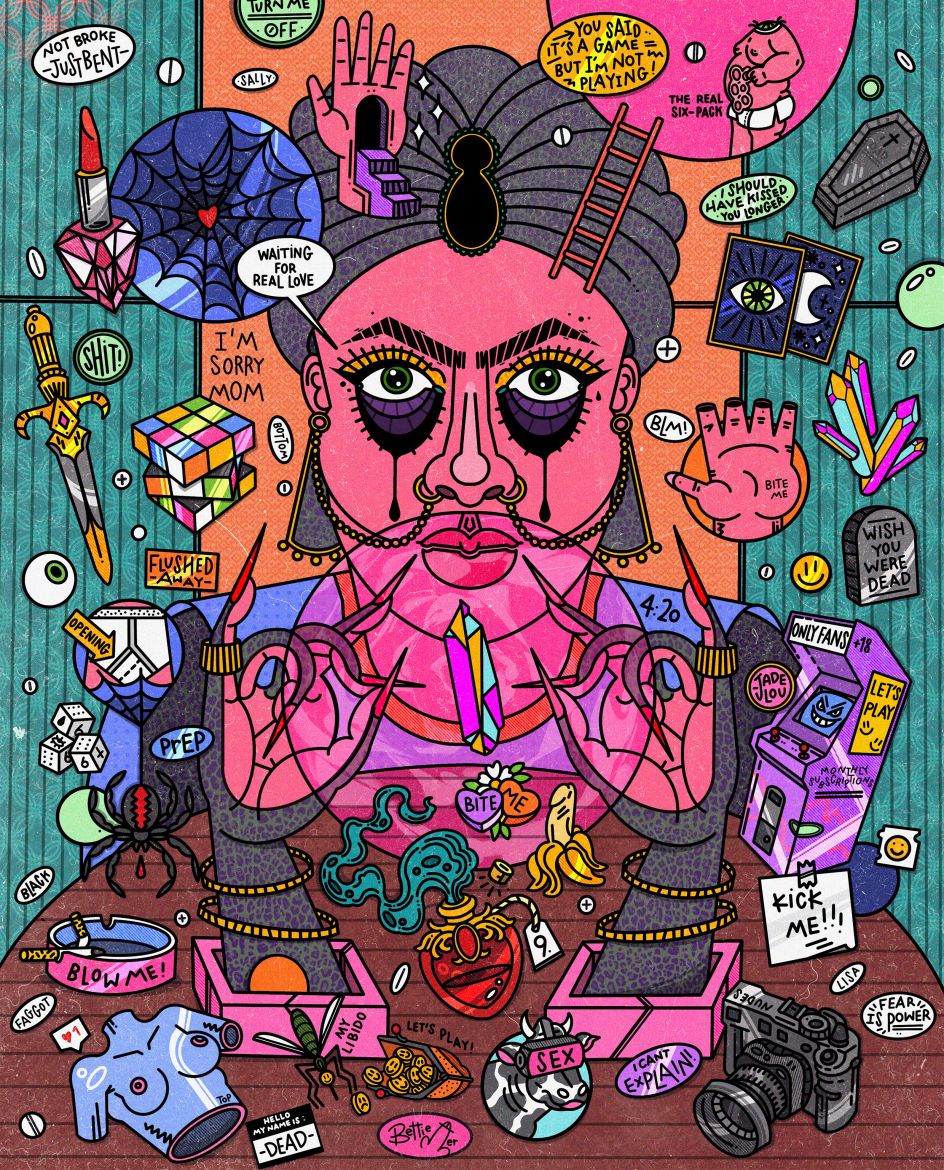
© Thomas David Cornwell
Who or what inspires you?
My inspirations come from a variety of different places. Contemporary artists who inspire me include Nadia Lee Cohen, Andrew Madaski and Grayson Perry. My interest in Drag & Queer Culture and history looks to the aids epidemic, ballroom culture, identity and queer experience. I'm also influenced by nostalgia from past eras, such as the '20s, '50s and '90s, whether looking at items, entertainment or fashion. I also often include references to my childhood, friendships and unrequited love. Typically these are about being a gay man and loving a straight boy.
What do you hope to do with your career?
My next step is to study for a master's in Fashion Art Direction at Manchester School of Art. I have tons of things I'd love to do; collaborate on an elaborate drag-inspired fashion collection, create a queer magazine, and direct music videos. The ideas and creativity are endless. I'm ambitious, so I hope to have my hand in many different projects. I don't like being pigeonholed into one area. I want to try it all.
My ultimate goal in life is to create my own book and theatre production that depicts a similar story to my childhood but in my distorted, sugar-coated, acid-trip style. But for now, the aim is to be an executive creative director.
How do you feel about graduating in the summer of 2022? What are your hopes?
I'm very excited to be graduating. I feel my year group is the new era. We're the 'phygital' generation at the cusp of technology, so we use both, and I find that fascinating. Already I see my peers creating wild and interesting ways to make art, and I look forward to contributing to that. I hope that I never stop being fascinated with art. To me, it's always been magic, the way you can envision something and then, in whatever way you choose, create it. I hope to make strong connections with fellow like-minded creatives. I hope to be constantly learning and exploring new directions.
And what are your fears?
I fear I won't be successful, I'll get comfortable, or I'll slow down. All of which I hope isn't true. I have big aims and being OCD and a perfectionist, I sometimes am my own biggest critic. But I also know I'm deserving of my successes, I'm deserving of the opportunities and that I may not be the best designer, I may not know the quickest route to create a concept, but what I do know is that I won't stop until I achieve my goals. It'll be 110% like all my work: I give it my all, it's part of me, and I promise I'll create the most original piece.
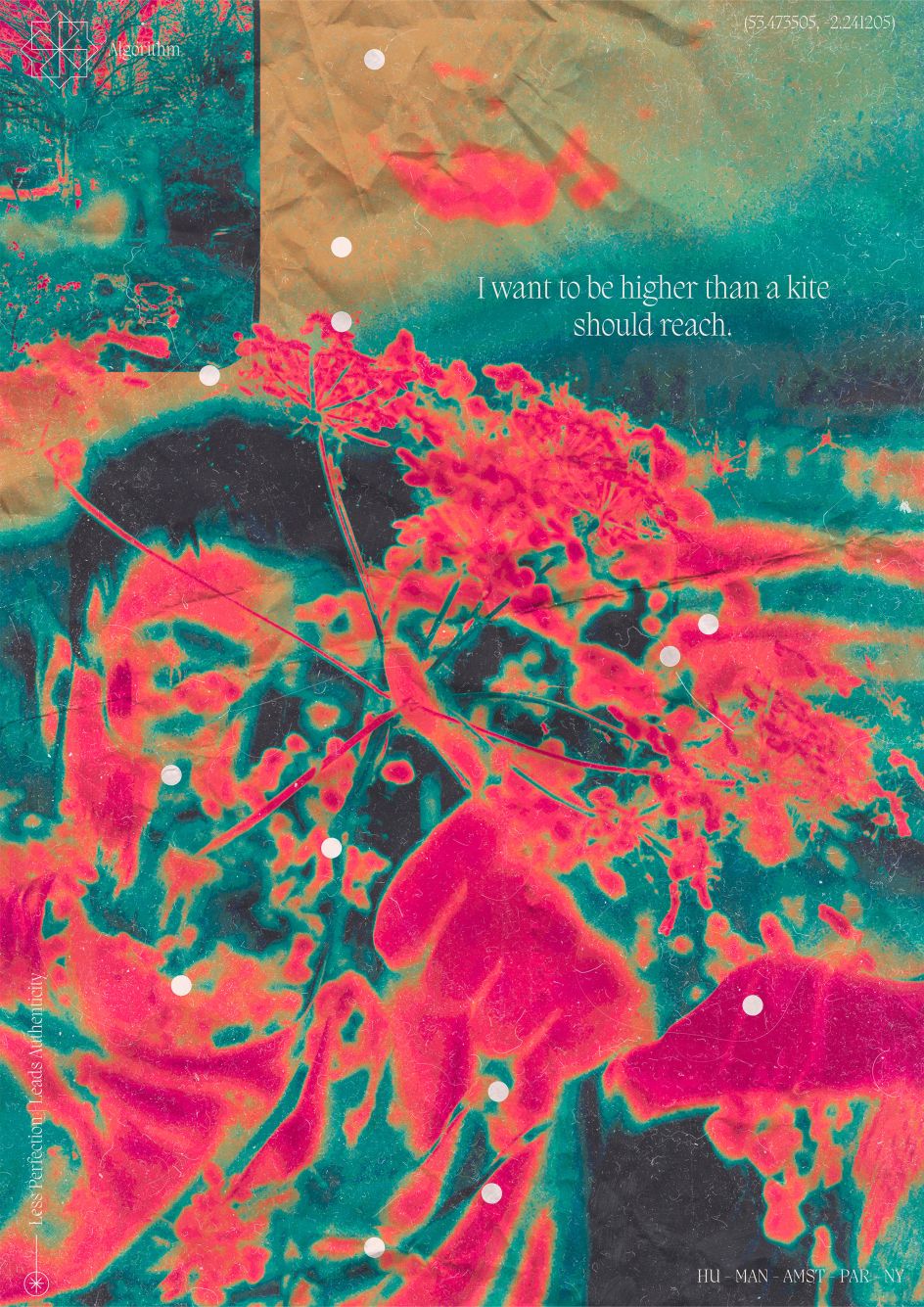
© Thomas David Cornwell
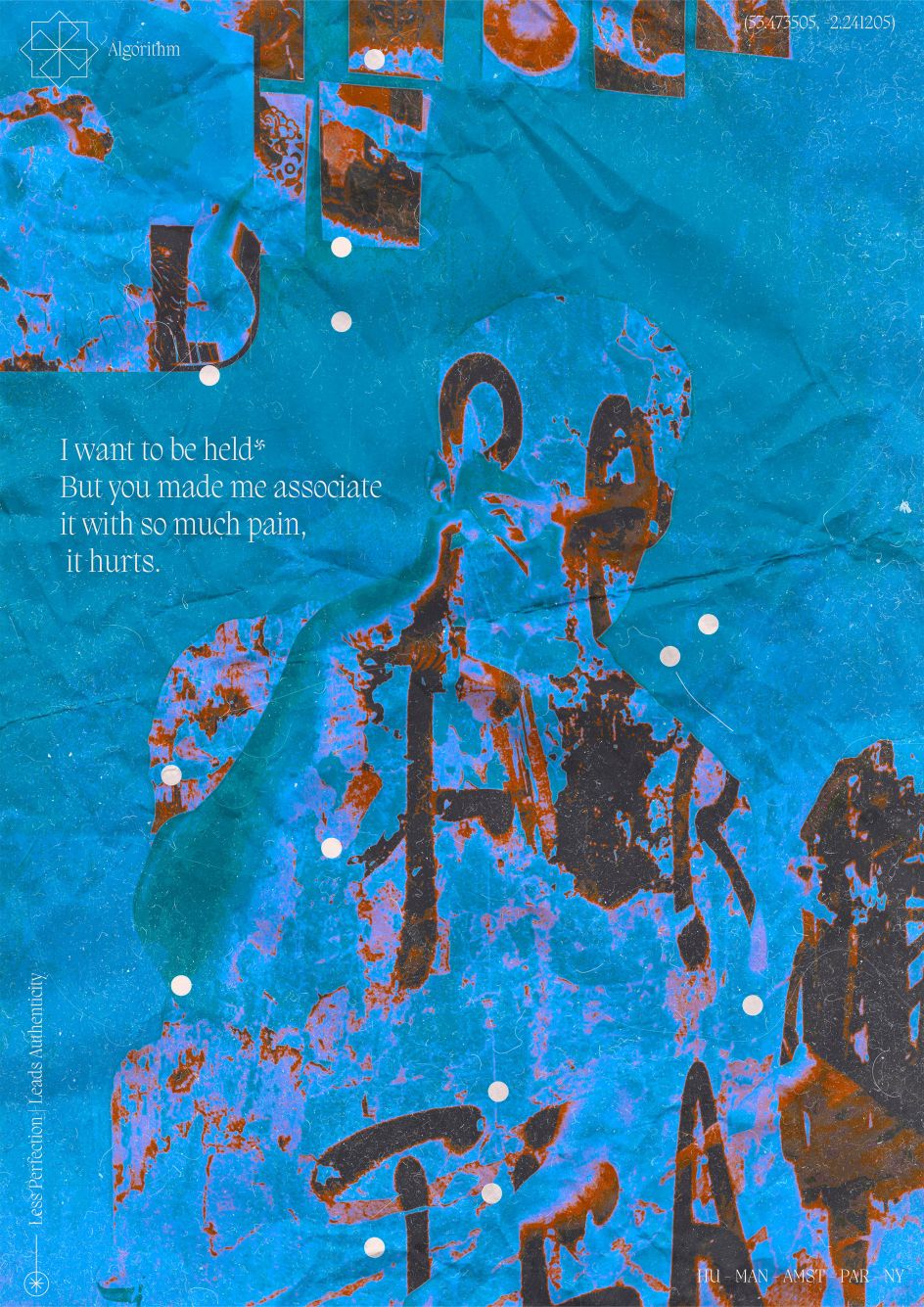
© Thomas David Cornwell
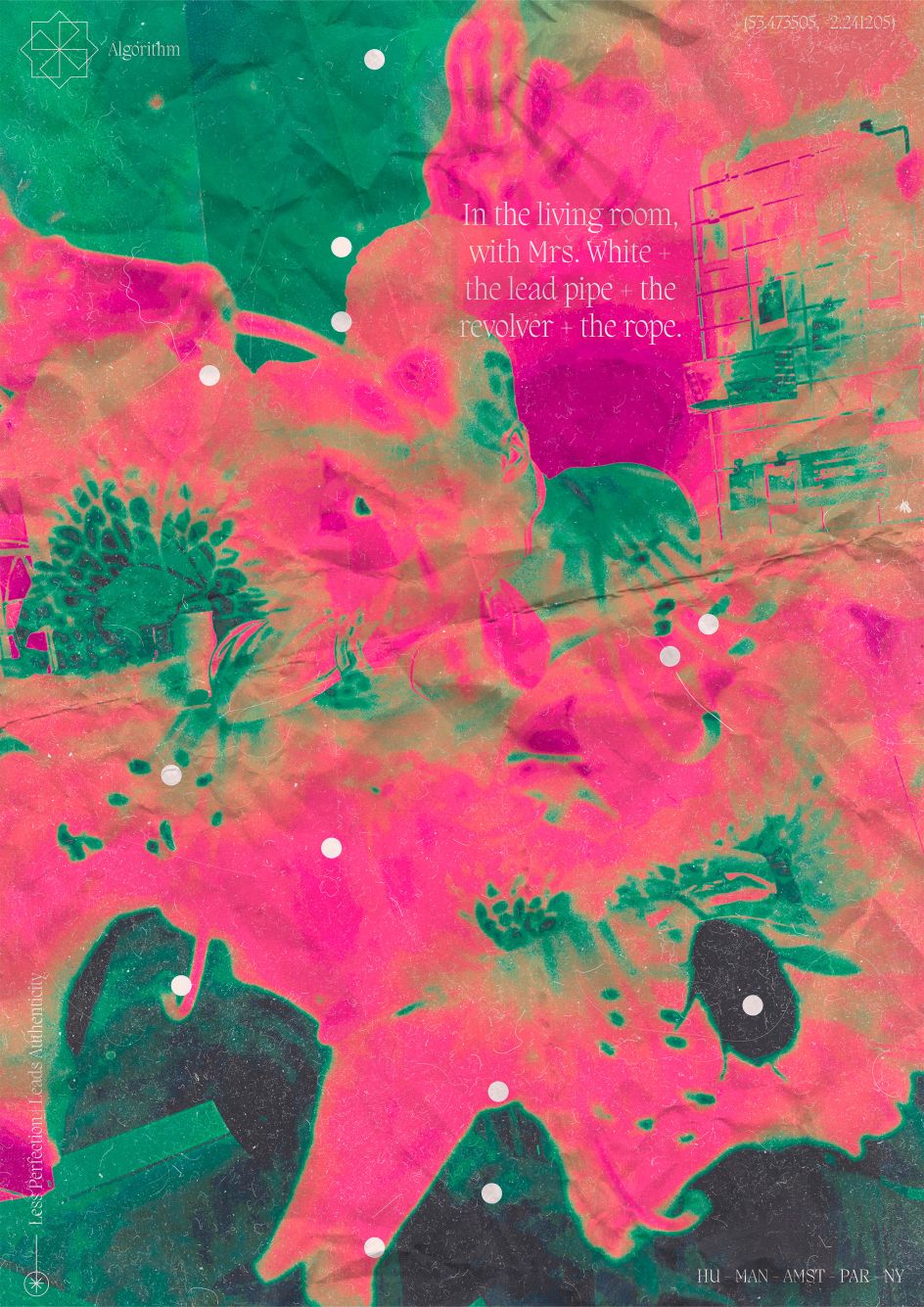
© Thomas David Cornwell
Finally, what advice would you give to others following you into the industry?
My advice would be to stay true to yourself. Don't create art that everyone will like or is perfect because it's impossible. Someone will always find fault or dislike something you've created. I've constantly been told my ideas are inappropriate. And because I include taboo topics, some look down on my art. They might say it's not realistic enough, it's too sexual, and question why it always has to be gay. But who cares? It's art.
Be unapologetically you, and stop asking for permission or an excuse to do something. If you want to, do it. Because if you search for approval, you'll be wasting your time. Have fun, be expressive and create whatever your heart desires, no matter who tells you not to. To all my teachers, classmates and those along the way who told me my ideas were too much and too queer – thank you for telling me not to because you only made me want to do it more.

















